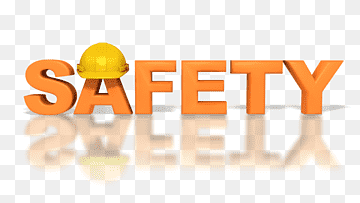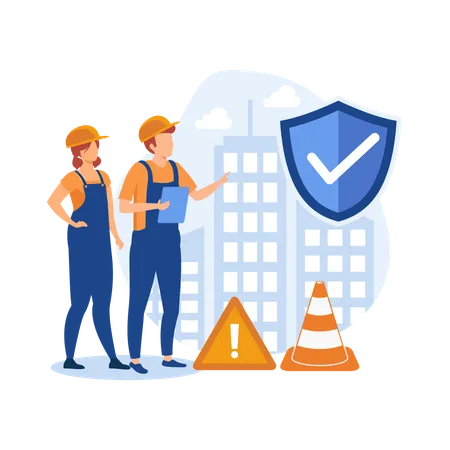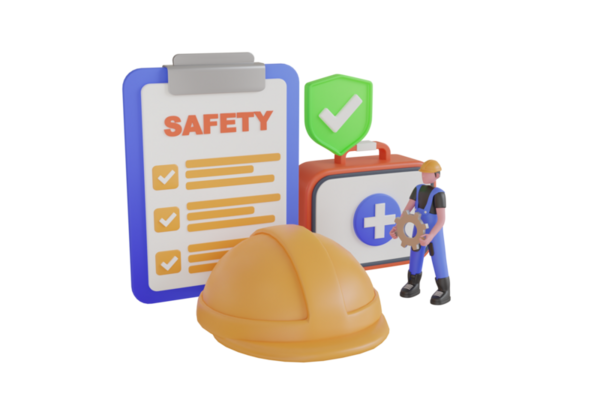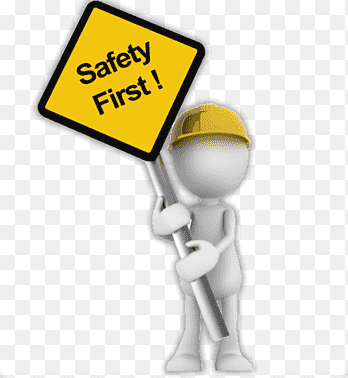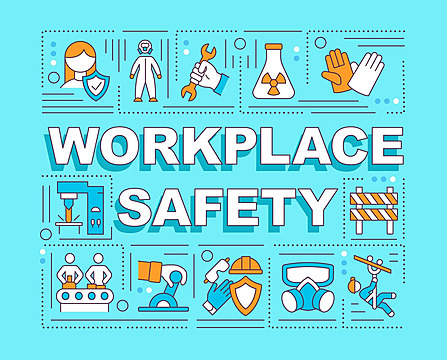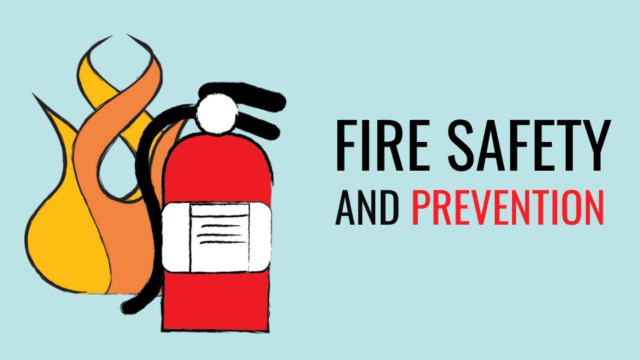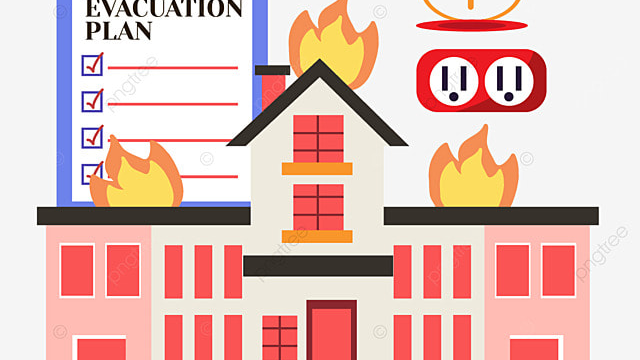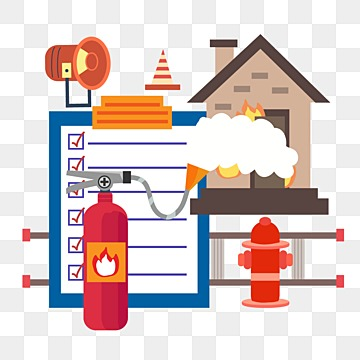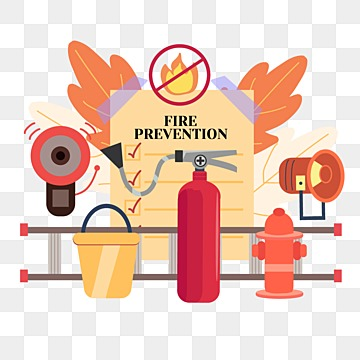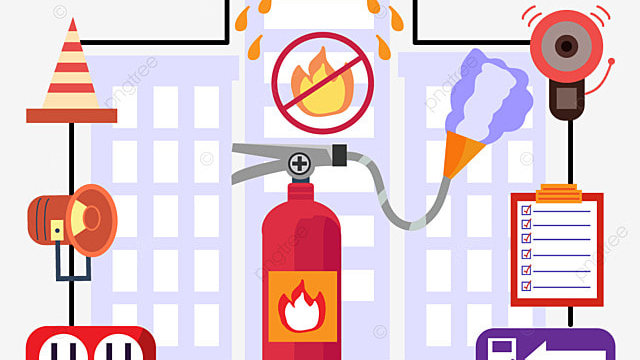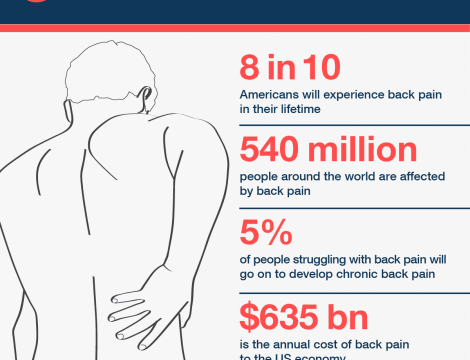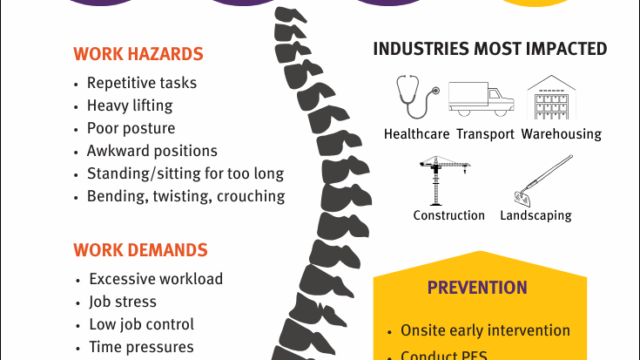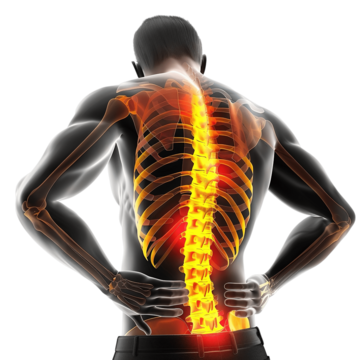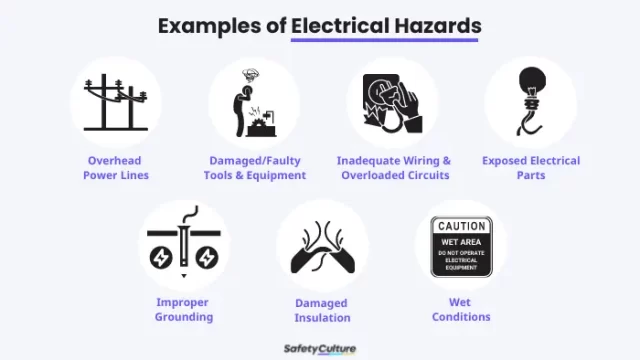Workplace Safety
Description
Course Overview
This Workplace Safety Training course is designed to educate employees on the principles of workplace safety, hazard recognition, accident prevention, and emergency response. Participants will gain the necessary knowledge and skills to ensure a safe and compliant work environment.
Course Objectives
By the end of the course, participants will be able to:
- Understand the importance of workplace safety and compliance with regulations.
- Identify common workplace hazards and assess risks.
- Apply accident prevention techniques and safe work practices.
- Respond effectively to workplace emergencies.
- Understand personal protective equipment (PPE) and its proper usage.
- Foster a culture of safety through communication and reporting.
Learning Outcomes
Upon successful completion, participants will be able to:
✅ Demonstrate awareness of safety laws and regulations (OSHA, HSE, etc.).
✅ Conduct basic workplace risk assessments and hazard identification.
✅ Implement safety protocols to minimize workplace injuries.
✅ Utilize PPE correctly in various workplace settings.
✅ Respond appropriately to fire, chemical spills, and other emergencies.
✅ Report safety concerns and participate in workplace safety programs.
Course Outline
Module 1: Introduction to Workplace Safety
- Importance of workplace safety
- Legal and regulatory framework (OSHA, HSE, etc.)
- Roles and responsibilities of employers and employees
Module 2: Hazard Identification and Risk Assessment
- Types of workplace hazards (physical, chemical, biological, ergonomic, etc.)
- Risk assessment techniques (Hierarchy of Controls)
- Preventative measures for common workplace hazards
Module 3: Personal Protective Equipment (PPE)
- Types of PPE (gloves, helmets, eye protection, etc.)
- Proper usage, maintenance, and storage
- Workplace scenarios requiring PPE
Module 4: Safe Work Practices
- Safe lifting and material handling techniques
- Slips, trips, and fall prevention
- Electrical and machine safety
- Office ergonomics and workstation setup
Module 5: Emergency Preparedness and Response
- Fire safety and evacuation procedures
- First aid and CPR basics
- Chemical spill response and hazardous material handling
- Workplace violence prevention
Module 6: Safety Communication and Reporting
- Importance of safety culture in the workplace
- How to report incidents and near misses
- Safety committee roles and responsibilities
Module 7: Workplace Safety Case Studies & Best Practices
- Real-life workplace safety incidents and lessons learned
- Best practices in different industries (construction, healthcare, manufacturing, etc.)
- Interactive group discussions
Training Methodology
📌 Interactive Lectures – Engaging presentations with real-world examples.
📌 Hands-on Demonstrations – Practical application of safety procedures.
📌 Case Studies – Analyzing past incidents and preventive strategies.
📌 Role-playing & Simulations – Emergency response drills.
📌 Quizzes & Assessments – To evaluate knowledge retention.
📌 Group Discussions & Activities – Sharing experiences and brainstorming solutions.
Assessment & Certification
- Pre- and Post-Assessment: To measure knowledge improvement.
- Practical Evaluations: Demonstrating safety procedures.
- Certificate of Completion: Awarded upon successful completion of the course.
Location
Review
Write a ReviewThere are no reviews yet.

